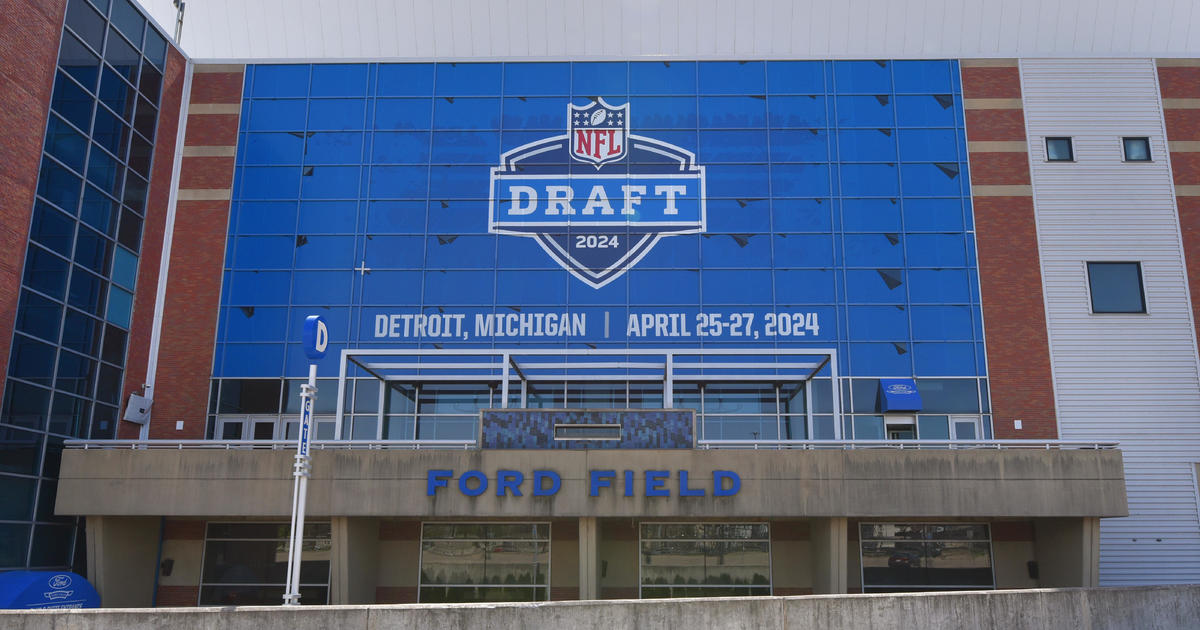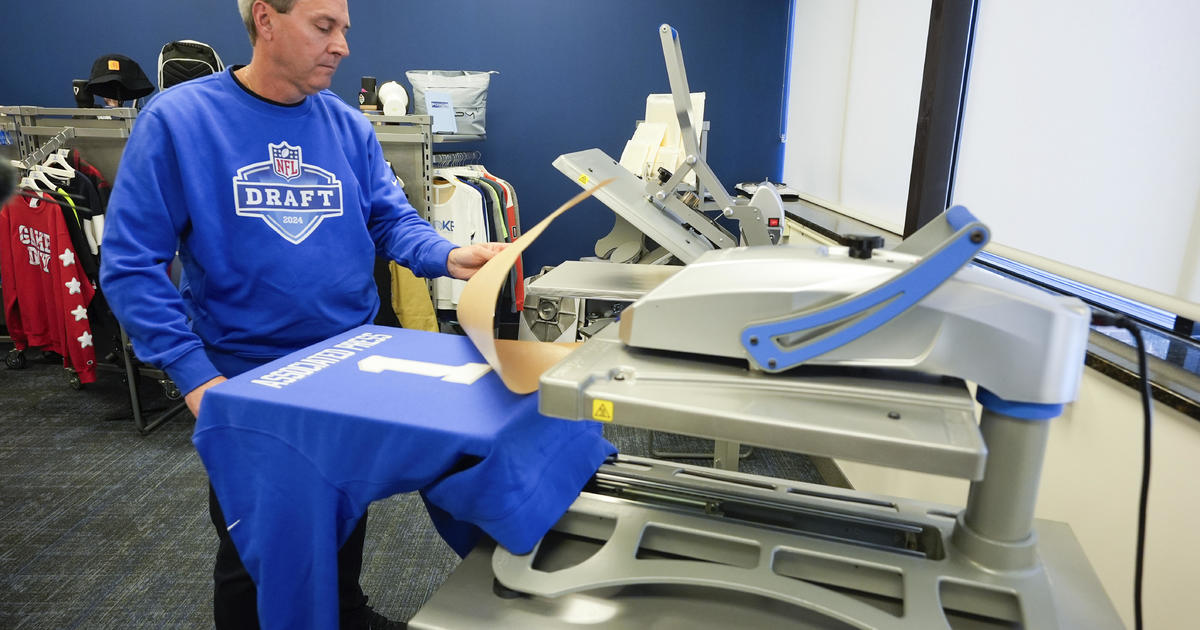CAR Study Finds New Life In Former Auto Manufacturing Sites
ANN ARBOR -- The Center for Automotive Research Thursday unveiled new research on transitioning former automotive manufacturing sites to new purposes, including a catalogue of the status of all closed facilities since 1979, and lessons learned from seven case study visits.
CAR, a nonprofit research organization based in Ann Arbor, found that 60 percent (267) of the 447 automaker manufacturing plants that have been in operation as of 1979 have closed; of those that have closed, 48 percent (128) have been at least partially repurposed or are in the process of transitioning to a new purpose.
The work was completed with support from the U.S. Department of Labor, Office of Recovery for Auto Communities and Workers, and is the first comprehensive catalogue of closed automaker manufacturing facilities across the country.
"While each community with a closed automotive facility faces unique challenges, this report helps shine a light on how community engagement, a focus on flexibility, and the involvement of the private sector, non-profit groups, and all levels of government can help them recover," said Jay Williams, director of the Office of Recovery for Auto Communities and Workers. "The findings will assist our office as we continue to help leaders navigate the local, state, and federal resources available to revitalize former auto communities."
"It was particularly surprising to learn how many communities have had some success in repurposing former automotive sites," said Valerie Sathe Brugeman, project manager of the Sustainability and Economic Development Strategies group at CAR, and the study's lead. "When an auto manufacturing plant closes, the job and income loss often causes an economic shock. But many communities have found ways to recover and at least partially restore property values and employment."
"The Center for Automotive Research has taken a close, unvarnished look at the state of former auto plants across the country, and describes in detail how specific actions by community leaders can help lead to vibrant second lives for these facilities," said Bruce Rasher, Redevelopment Manager at RACER Trust, the largest environmental trust in the United States, formed to redevelop former General Motors-owned properties. "Success stories are detailed in this report, and every mayor, supervisor and community leader with such a facility would be well-advised to study this report."
Closed automotive facilities were found in 28 states, and 65 percent were concentrated in the Midwest states of Indiana, Michigan and Ohio. The case studies were selected to reflect the population of closed facilities and included the communities of: Baltimore, Md.; Batavia, Ohio; Coopersville, Mich.; Doraville, Ga.; Kenosha, Wis.; Sleepy Hollow, N.Y.; and South Gate, Calif.
CAR found that repurposing rates were lower in counties with high unemployment, declining population, and a high concentration of closed auto facilities, and recommends public policy initiatives be targeted toward these areas.
The study is available on CAR's website: http://www.cargroup.org
CAR's mission is to conduct research on significant issues related to the future direction of the global automotive industry, as well as organize and conduct forums of value to the automotive community. CAR performs numerous studies for federal, state and local governments, corporations and foundations. The Sustainability and Economic Development Strategies group focuses its research on the long-term viability and sustainability of the auto industry, the surface transportation system, and the communities that lie at the heart of both the industry and the system.



